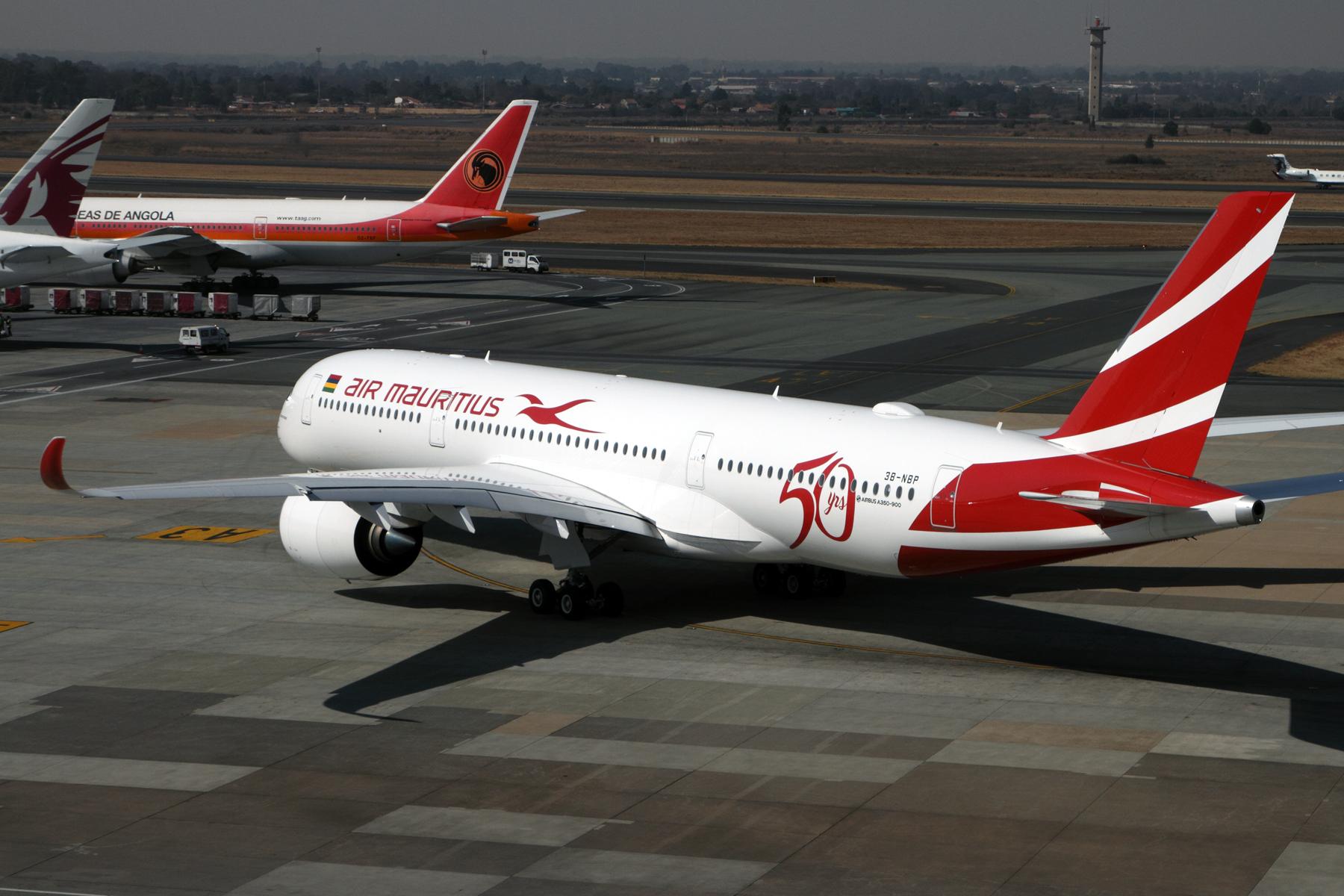
VIENNA—Indian Ocean-based Air Mauritius has been placed into administration as travel restrictions and border closures in all its markets have led to a complete erosion of the company’s revenue base.
Coronavirus-related disruptions have made it impossible for the airline to meet its financial obligations for the foreseeable future, according to the Air Mauritius board.
Furthermore, there is uncertainty as to when international air traffic will resume; all indications point to normal activities not picking up until late 2020. “In these circumstances, it is expected that the company will not be able to meet its financial obligations in the foreseeable future,” Air Mauritius said.
As a result, Air Mauritius confirmed to Aviation Week the board has decided to place the company under voluntary administration to safeguard the interest of the company and its stakeholders. Two administrators have been appointed.
In January 2020, the board had set up a Transformation Steering Committee to address financial difficulties and review its business model to ensure a sustainable future. Wide consultations were held with all concerned stakeholders, and substantial progress was made in formulating an action plan to be recommended to the board.
Air Mauritius had already suspended all services until May 15 as the pandemic shut down passenger air travel globally.
The airline has been under pressure for years as competition has increased for transporting tourists to the island of Mauritius, which sees a 5% passenger growth every year. Every year has seen a new carrier arriving in Mauritius, increasing competition. “Fuel prices in Mauritius are the most expensive compared to any other destination where we fly,” CEO Somaskaran Appavou told Aviation Daily in June 2019. Fuel makes up to 30% of the carrier’s total costs.
Appavou has been looking for solutions, such as a fund—perhaps financed by the government or the tourism industry—that could help to secure a new fleet. He is also looking at stronger cooperation with leading hotel companies, which could create additional income.
The majority of income for Air Mauritius is in euros. “Our major costs are in U.S. dollars and the local currency is the Mauritian rupee, which creates complexity,” Appavou said.
Air Mauritius operates to 22 destinations in Africa, the Indian Ocean, Europe, Asia and Australia, transporting 1.7 million passengers per year. It operates 13 aircraft, including three ATR 72-500s, two Airbus A340s, two A330-200s, two A330neos, two A319s and two A350-900s for regional and long-haul services.





